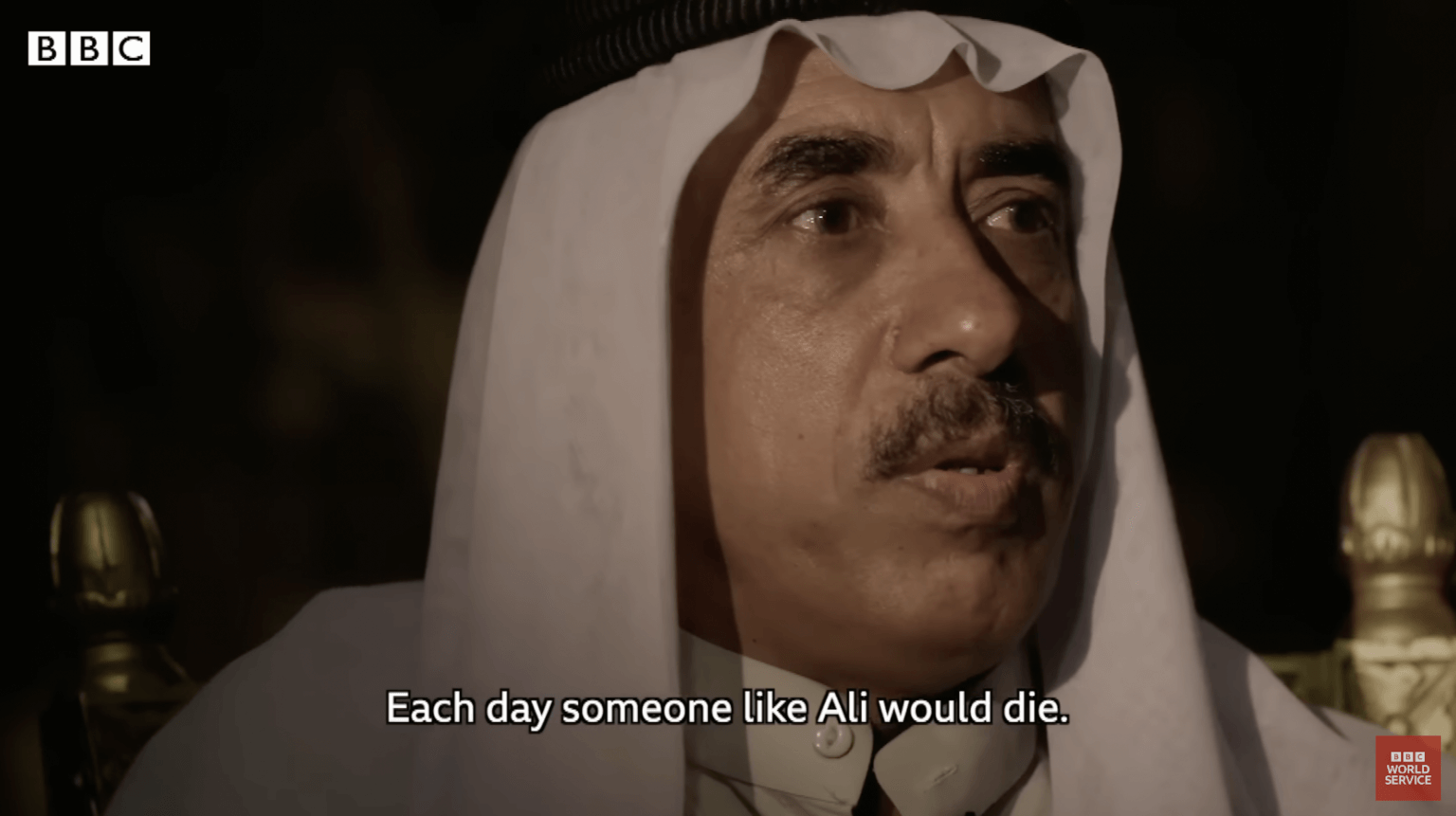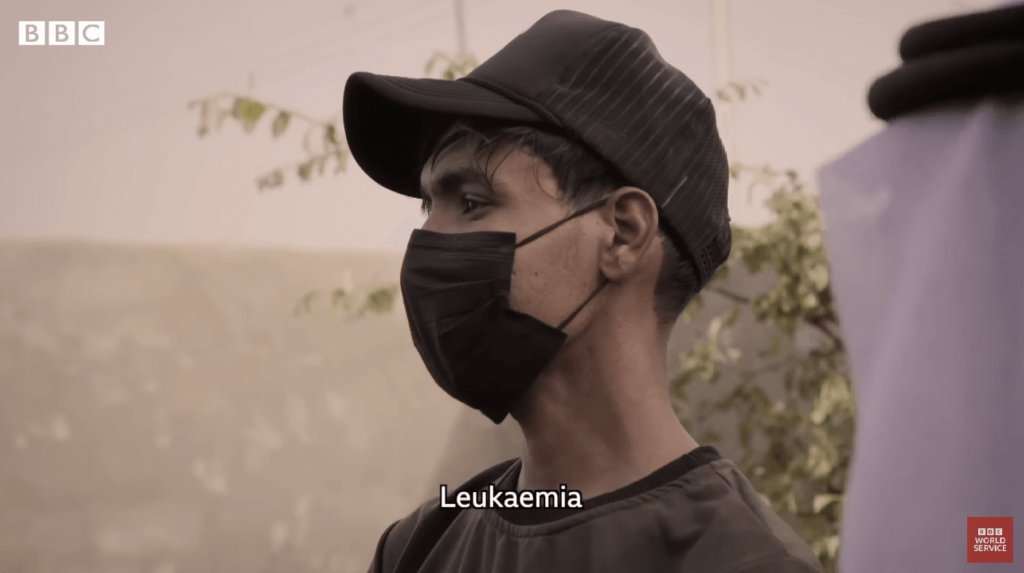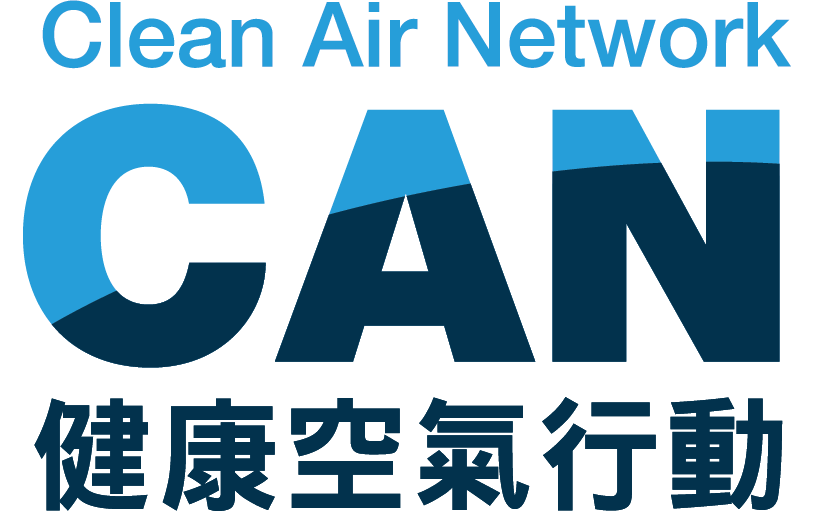
Father accuses oil company of causing son’s death from blood cancer
21-year-old Ali Hussein Julood, who lived in Basra in south-eastern Iraq, died in April of leukaemia. Ali’s doctor stated that his leukaemia was likely caused by high levels of pollution in the local area. Ali’s father, Hussein Julood, blames BP for the death of his son.
Ali once said that at his primary school, they can see smoke coming from the oil fields. His father, Julood, also claimed that at his house he can see black smoke from gas flaring 24 hours a day, and one can smell the toxic chemicals from the flares.
Some of the world’s biggest oil fields are located in Basra, including those operated by BP, Eni, ExxonMobil, Chevron and Shell. An investigation by the BBC found that these companies contributed to millions of tonnes of undeclared emissions from gas flaring at oil fields, leading to an increase in cancer risks in the area.

“Cancer is so common it’s like the flu”
Julood told BP that “cancer is so common it’s like the flu” in his local area at its annual meeting in April. The BBC actually discovered that the Iraqi government is well aware of the problem. A leaked Iraq Health Ministry report blames air pollution for a 20% rise in cancer in Basra between 2015 and 2018.
BBC also monitored the air quality in the exposed communities for the first time. The results indicated that residents are exposed to high levels of cancer-causing pollutants, and levels of benzene, which is linked to leukaemia and other blood diseases, reached or exceeded Iraq’s national limit in at least four of out of the five monitored communities.
In addition, 70% of the urine samples collected from 52 children indicated elevated levels of 2-Naphthol, a form of the possibly cancer-causing substance naphthalene.
In Hong Kong, this story of an Iraqi father and his son may seem far away, but the threat of air pollution is close at hand. Every year, air pollution in Hong Kong kills thousands of people and the concentration levels of carcinogenic PM2.5 exceed the WHO standards.
Clean air is a human right. We envision a world where air pollution cedes, so that Ali’s tragedy will not be repeated, and that parents will no longer have to worry about every breath that their children take.
Sources:

